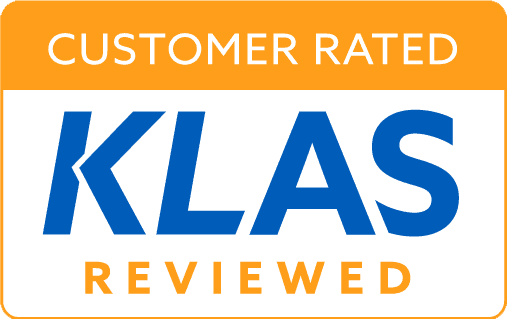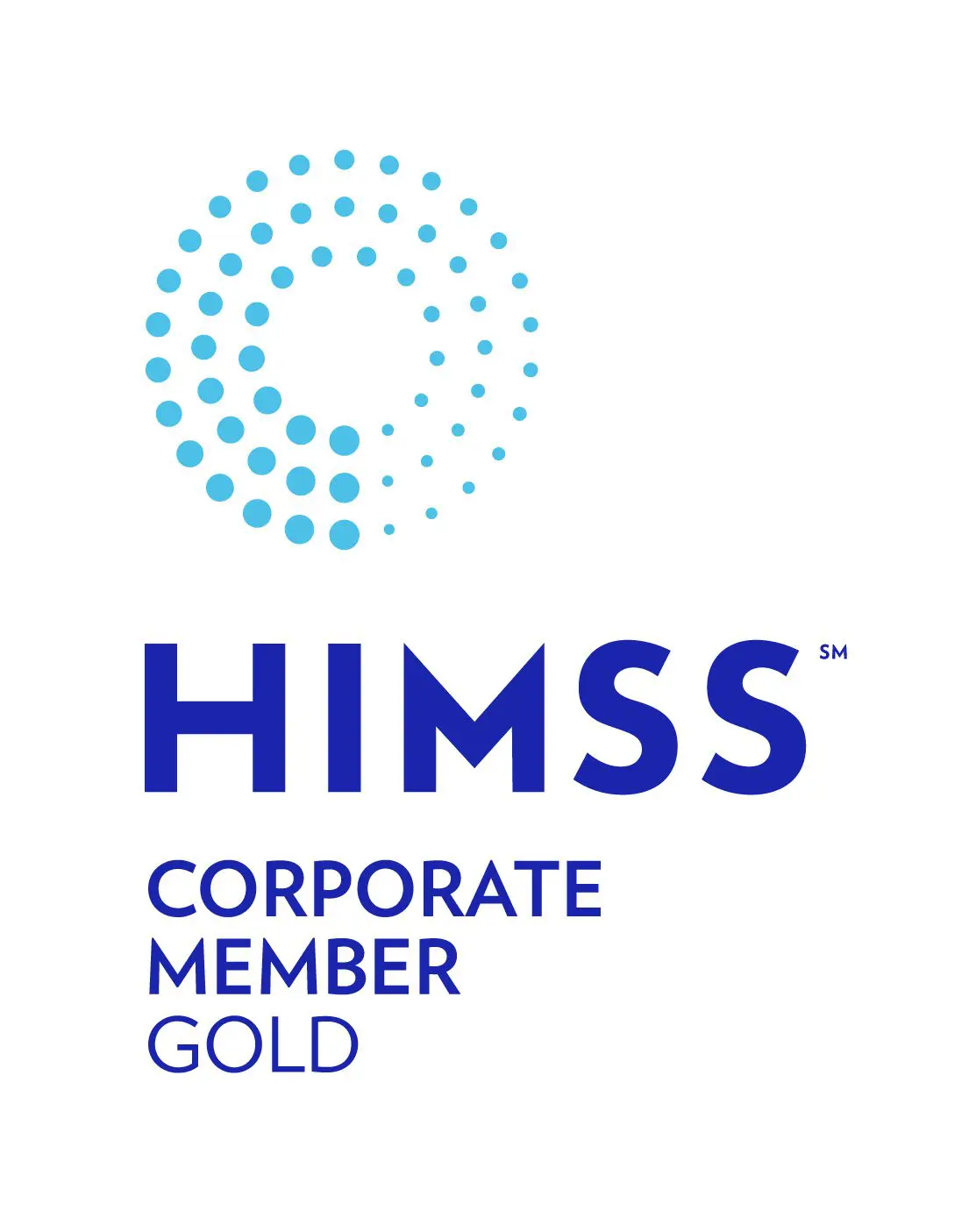
The U.S. Department of Health and Human Services hosts a website where it lists the more than 2500 EHR systems and vendors who are linked to decertified products, products that are marked for corrective action and those products with inactive certificates. Users can search to see if their EHRs or vendors are on the list for these and other infractions, including banned developers.
To visit the website, go to: https://chpl.healthit.gov/#/search
This website points to the increasing challenges within the EHR landscape. In general, the future of electronic health records is a bit blurry as healthcare providers work toward meeting the increased HIPAA requirements while chasing the goal of interoperability. Plus, there is the challenge of managing the sheer number of EHR systems within their portfolios. According to HIMSS, the average health system has 18 different EMR vendors when looking all the way across affiliated providers.
One thing that is clear is that not all current EHR systems will survive the increased HIPAA requirements for Meaningful Use, or have the financial stability to meet the technology expectations of healthcare providers who are continually challenged to have instantaneous access to the complete patient narrative at the point of care.
In its recent EMR 2018 Report: The Market for Electronic Medical Records, research company Kalorama Information noted: “Install it and forget it’ vendors need not apply.” Healthcare organizations once sought the most basic EHR. Now, however, providers are demanding vendors both develop and deploy the software as well as maintain and update it with tools to solve healthcare organizations’ various business problems.
Should any combination of your EMR products be acquired or sunset over time, data archiving is always an alternative to the more costly and complex EMR data conversion. A well-planned legacy data management strategy alleviates future IT costs, risks and burdens as platforms come and go. Long-term medical data storage vendors who know the EMR market inside and out offer secure solutions that ensure data integrity and meet HIPAA and state medical record retention requirements.
When you look at the real cost of maintaining multiple legacy systems, including licensing, maintenance and support as well as the associated internal IT labor burden, the ongoing management of outdated systems becomes difficult to justify. Plus, the risk exists that the old systems may become obsolete and non-supported. Keeping the organization’s long term vision in mind, there is business value and strategic benefits to adopting an EMR archive to keep legacy data intact in a searchable, manageable and HIPAA-compliant format.
Is it time to shore up disparate data silos in your organization? We can help.






